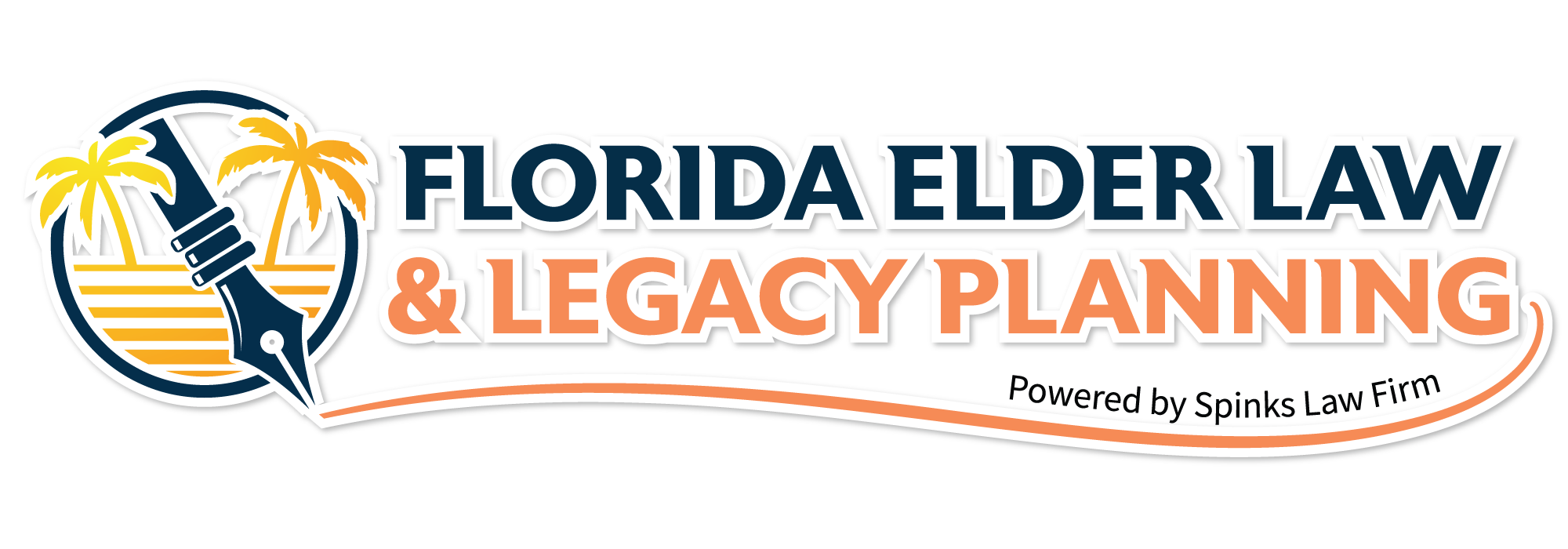Most people usually think about who will receive their retirement and bank accounts, life insurance proceeds, real estate, and other valuable possessions upon their death. However, a person’s personal property (their stuff) can also be a source of value that needs to be addressed. When looking to start or continue your estate planning journey, ask yourself the following questions about your personal property.
Do your items have monetary or sentimental value?
Value is in the eye of the beholder. Some items may have significant monetary value, like an antique clock, while others may have sentimental value, like your grandmother’s class ring. Each type of value necessitates its own strategy when planning for its receipt.
If Personal Property Has Monetary Value
It is important that you find out the actual value of items that you think may be worth a lot of money. If an item is very valuable, it may need to be insured. A renter’s or homeowner’s insurance policy may limit what it covers and how much it will pay if your personal property is damaged or stolen. Also, if the item requires maintenance or upkeep, you must make sure that the person who receives it understands what is required so that the value does not decrease.
If Personal Property Has Sentimental Value
Sometimes personal property that has sentimental value can cause the most family conflict. Because your loved ones will already be dealing with your loss, dividing up your mementos without proper guidance can also be emotionally taxing. This may be an even more compelling reason to document your wishes, so that everyone is on the same page. You should think carefully about who will receive sentimental items and ways to mitigate future conflicts if more than one person wants the item.
Will Someone Want Your Stuff?
When crafting your estate plan, it is important to understand what you have and who you want to leave it to. But you may also want to speak with your beneficiaries before creating your plan to find out if the person you plan to give an item to actually wants the item, particularly if the item has storage or maintenance requirements that the person will be responsible for. One of the main purposes for an estate plan is to clearly identify your wishes after you are gone, discussing it with family members frequently is not enough, it must be clear and in writing to make sure everyone is aware of your wishes.
Include Your Personal Property in Your Estate Plan
There are a few different ways you can share your wishes for your personal property through the use of an estate plan.
Specific Gift in a Last Will and Testament or Revocable Living Trust
A specific gift in a last will and testament (will) or revocable living trust (trust) allows you to specifically name who will receive a particular item. In either a will or a trust, you can specifically state, “I leave my blue antique vase with pink roses to my daughter, Susan Jones.” When you die, the executor or successor trustee will then give the vase to Susan. However, if you change your mind, the will or trust will need to be changed, which will require a new document to be executed with the requisite formalities.
Personal Property Memorandum
Another option that can be used in many states is a document called a personal property memorandum. This document lists your specific personal property and names who will receive each item. As opposed to a will or trust, generally, you just need to sign and date the personal property memorandum to make it valid—no witnesses are necessary. The document is then referenced in your will or trust as containing your wishes regarding your personal property. This approach allows you to specifically designate who will receive an item, but if you change your mind, you can simply create a new personal property memorandum instead of having to change your will or trust. One way to clearly identify your personal property is to include pictures of the items within your personal property memorandum.
The Residuary Clause
Most, if not all, wills and trusts contain a clause that addresses any items that have not been specifically mentioned and distributed in the will or trust. This is referred to as a residuary clause. A will or trust may provide that anything left be “divided equally among my then living children” or “all to my spouse.” However, you can also decide to direct distribution to other individuals or entities. This ensures that your personal property is distributed. However, if the items are to be divided among a group of people and you do not provide instructions for how the items are to be divided, someone will need to decide how to do so, which could cause turmoil.
We Can Help
Once you know what you have, how much it is worth, and who you want to leave it to, you need to make sure that your wishes are reflected in an estate plan that is complete and legally enforceable. By working with an experienced estate planning attorney, we can craft a plan that is unique to you and your situation. Give us a call to schedule your appointment.


